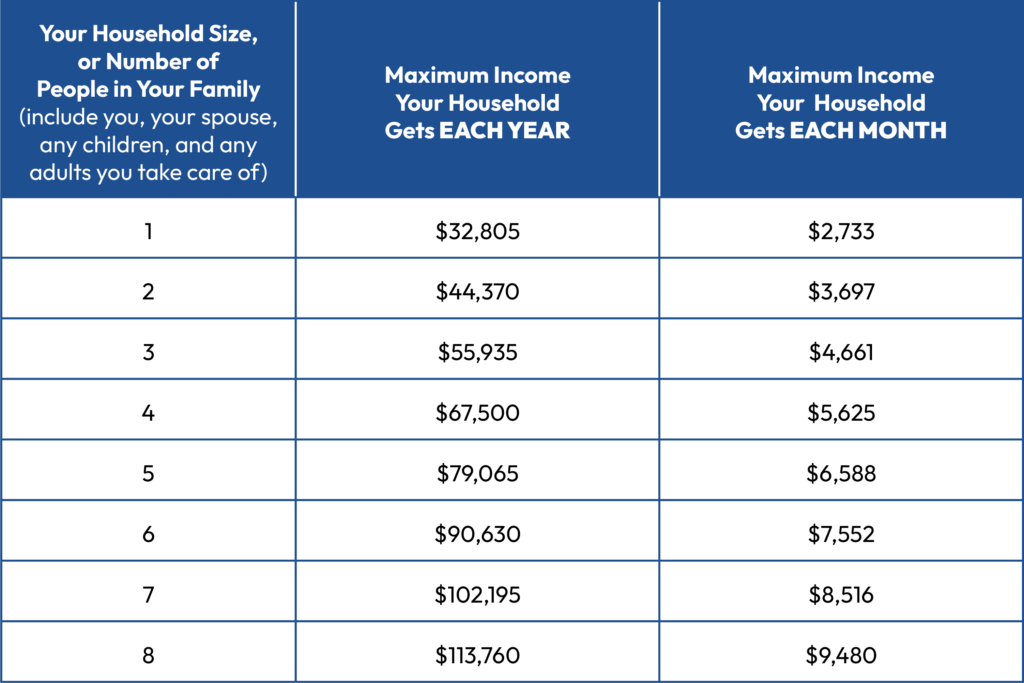Student Loan Insurance: Coverage, Benefits, and Costs takes center stage, this opening passage beckons readers with formal and friendly language style into a world crafted with good knowledge, ensuring a reading experience that is both absorbing and distinctly original.
Student loan insurance provides a safety net for borrowers, offering coverage, benefits, and insights into associated costs. Let’s delve deeper into this important financial tool.
Overview of Student Loan Insurance
Student loan insurance is a type of coverage that helps borrowers manage their student loan debt in case of unforeseen circumstances, such as disability, death, or involuntary unemployment. It provides financial protection by covering the remaining loan balance or making loan payments on behalf of the borrower.
Types of Student Loan Insurance
- Disability Insurance: This type of student loan insurance helps cover loan payments if the borrower becomes disabled and is unable to work.
- Life Insurance: Life insurance for student loans pays off the remaining loan balance if the borrower passes away.
- Unemployment Insurance: This insurance can help cover loan payments if the borrower involuntarily loses their job.
Importance of Student Loan Insurance for Borrowers
Student loan insurance is important for borrowers as it provides a safety net in case of unexpected events that may impact their ability to repay their loans. It offers peace of mind by ensuring that their loan obligations are covered even in challenging circumstances, protecting their credit score and financial well-being.
Coverage of Student Loan Insurance
Student loan insurance typically covers the borrower in case of unexpected events that may hinder their ability to repay their student loans. This coverage can include events such as disability, death, or involuntary unemployment.
Coverage Limitations of Student Loan Insurance
Student loan insurance may have limitations on the coverage amount, duration of coverage, and specific events that are covered. For example, there may be a cap on the total amount that can be covered by the insurance, or certain pre-existing conditions may not be covered.
Comparison of Coverage Options
Different student loan insurance policies may offer varying coverage options. Some policies may have more comprehensive coverage but come with higher premiums, while others may have more limited coverage at a lower cost. It is essential for borrowers to compare different policies to determine which one best fits their needs and budget.
Benefits of Student Loan Insurance
Student loan insurance offers various benefits to borrowers, providing financial protection and peace of mind in the face of unexpected situations. Here are some key advantages of having student loan insurance:
Financial Security in Case of Disability or Death
Student loan insurance can cover the outstanding balance of your student loans in the event of disability or death. This ensures that your loved ones are not burdened with your loan debt and can help alleviate financial stress during a difficult time.
Income Loss Protection
If you experience a sudden loss of income due to unexpected circumstances like job loss or illness, student loan insurance can step in to cover your monthly payments. This can prevent defaulting on your loans and damaging your credit score.
Peace of Mind
Having student loan insurance can provide peace of mind knowing that you have a safety net in place. It allows you to focus on your education and career without constantly worrying about how you would manage your loans in case of unforeseen events.
Flexible Coverage Options
Student loan insurance policies often come with flexible coverage options, allowing borrowers to tailor their coverage to meet their specific needs and budget. This customization ensures that you are adequately protected without overpaying for unnecessary coverage.
Helps Maintain Good Credit
By ensuring that your student loan payments are covered even in challenging circumstances, student loan insurance helps you maintain a good credit score. This can be crucial for future financial endeavors, such as buying a home or starting a business.
Costs Associated with Student Loan Insurance
Student loan insurance comes with costs that borrowers need to consider when opting for this type of coverage. Understanding the cost structure and how premiums are calculated is essential for making informed decisions.
Cost Structure of Student Loan Insurance
When it comes to student loan insurance, the cost typically involves paying premiums to the insurance provider. These premiums can be a monthly or annual expense, depending on the policy terms. The amount of the premiums is determined based on several factors related to the borrower and the loan.
Calculation of Premiums for Student Loan Insurance Policies
Premiums for student loan insurance policies are calculated based on various factors, such as the total amount of the student loan, the length of the repayment term, the interest rate on the loan, and the borrower’s credit history. Insurance providers use actuarial calculations to determine the risk associated with insuring a particular loan and set the premium accordingly.
Factors Affecting the Cost of Student Loan Insurance
Several factors can affect the cost of student loan insurance, including the borrower’s age, health status, occupation, and the type of coverage selected. Additionally, the amount of coverage and the duration of the policy can impact the overall cost. For example, a higher coverage amount or a longer policy term may result in higher premiums.
Last Point
In conclusion, Student Loan Insurance: Coverage, Benefits, and Costs encapsulates the key aspects of safeguarding borrowers’ financial well-being, highlighting the importance of understanding and utilizing this valuable resource.
